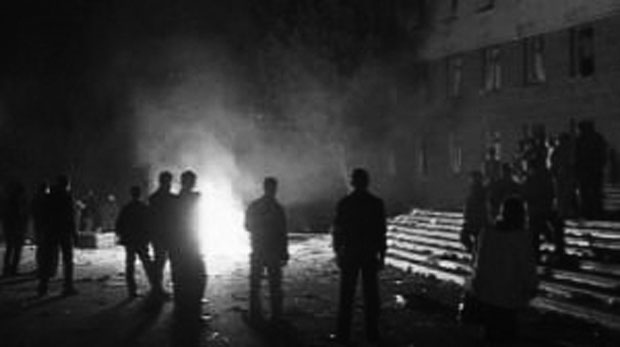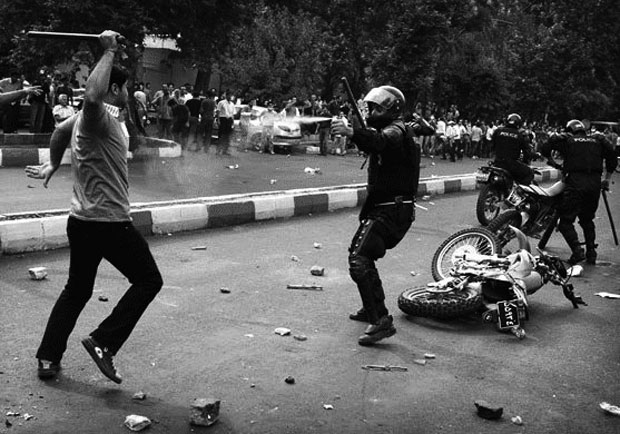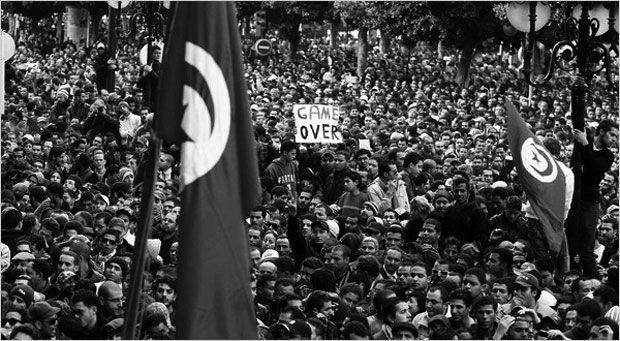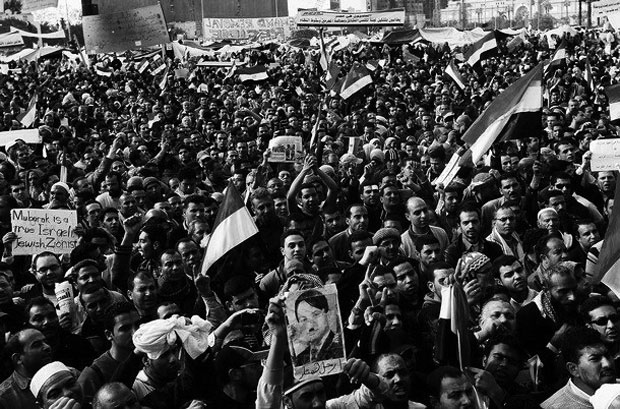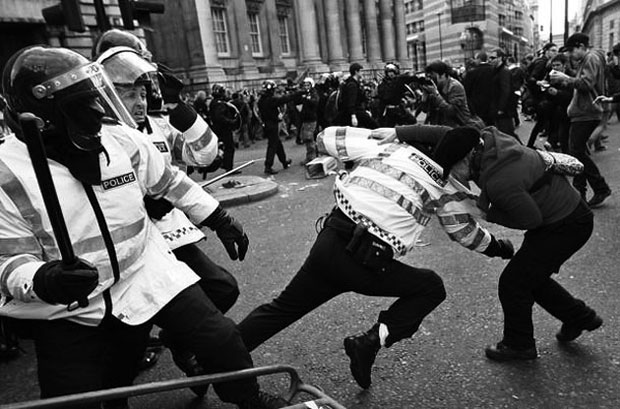The buzz surrounding WikiLeaks and the credit given to social networking sites for their roles in the massive political upheavals in the Middle East give us a very real sense of the Internet’s power and influence. Here are some recent world events that saw people from different backgrounds—revolutionaries and civilians alike—turning to social media as a weapon for their struggles.
2009 Moldovan Unrest
Dissatisfied citizens from this Eastern European backwater took to the streets in April 2009 to protest what they deemed to be widespread electoral fraud. The young demonstrators made use of Twitter to organize themselves.
2009 Iranian protests
Also protesting alleged electoral fraud, Iranians dissatisfied with the Ahmadinejad regime urged each other to take to the streets by tweeting. This led the government to block access to social media and many other sites, including proxy servers.
2011 Tunisian revolution
It was the revolution that sparked the so-called Arab Spring—and it has social media to partly thank for its success. With Tunisian media’s limited coverage of the events, people flocked to Facebook and Youtube to stay in touch with their countrymen.
2011 Egyptian revolution
With Google going out of its way to let Egyptians tweet by phone calls—the government shut down the Internet—social media’s role in the revolution is undeniable. In fact, the upheavals were foreshadowed by numerous blogs, Facebook pages and viral videos.
2011 London riots
Unlike the previous four, the London riots weren’t coordinated efforts to bring down a regime; it was an insurrection borne out of widespread discontent among the youth. But social media was there as well—enough to get Prime Minister David Cameron to consider blocking it.

